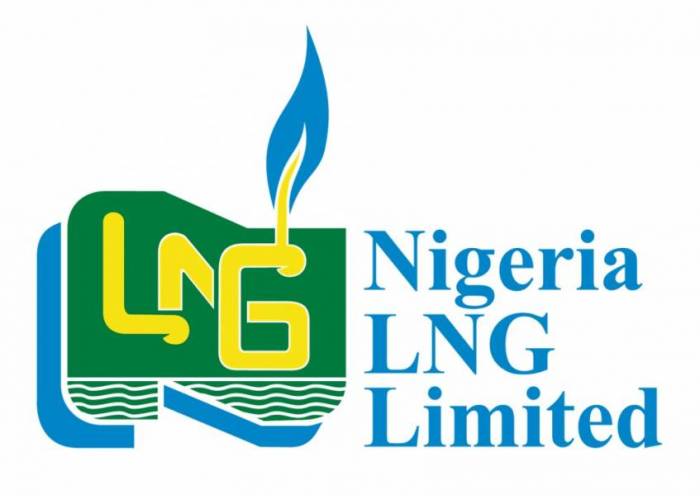The Nigeria Liquefied Natural Gas (NLNG) Limited has called for increased investments in gas development to guarantee stable supply across the country, stressing that the sector requires urgent attention to meet Nigeria’s energy and industrialisation goals. The appeal was made during a strategic meeting with the Group Chief Executive Officer of the Nigerian National Petroleum Company Limited (NNPC), Mele Kyari, as part of ongoing efforts to strengthen collaboration between the two key institutions in Nigeria’s oil and gas industry.
NLNG executives highlighted the growing demand for gas in domestic and international markets, noting that without sustained investments in upstream development, pipeline infrastructure, and processing facilities, Nigeria risks falling short of its supply obligations. They cautioned that delays in investment decisions and inadequate financing have contributed to recurring shortages, thereby undermining the country’s energy transition agenda and industrial development.

According to NLNG, Nigeria holds one of the largest proven gas reserves in the world, estimated at over 200 trillion cubic feet. Despite this, actual utilisation remains far below potential due to underinvestment, policy inconsistencies, and infrastructure bottlenecks. The company stressed that unlocking this potential requires not just policy reforms but also long-term capital commitments from both government and private sector players.
The meeting with Kyari, who leads Nigeria’s national oil company, was described as a crucial step towards aligning the strategies of NLNG and NNPC in addressing these challenges. Discussions centered on how to mobilise investments across the gas value chain, particularly in upstream production, midstream transportation, and downstream distribution. NLNG officials emphasised that stabilising supply is key not only for liquefied natural gas exports but also for domestic industries such as power generation, manufacturing, and fertiliser production.
In his remarks, the NLNG Managing Director reiterated the company’s commitment to its Train 7 project, which is currently under construction and expected to increase NLNG’s capacity by over 30%. However, he pointed out that the long-term sustainability of the plant depends on reliable gas feedstock, which can only be secured through fresh investments in exploration and development. He urged NNPC to take a lead role in driving partnerships that will unlock stranded gas resources across the country.
Kyari, in response, acknowledged the concerns raised by NLNG and assured that the NNPC is committed to deepening investments in Nigeria’s gas sector. He noted that NNPC has been repositioned as a commercially driven national oil company, with gas playing a central role in its strategic direction. He cited ongoing projects aimed at expanding pipeline infrastructure, such as the Ajaokuta–Kaduna–Kano (AKK) pipeline, as examples of how the company is working to boost supply stability.
However, industry experts warn that infrastructure expansion alone will not be enough without upstream investments to guarantee feedstock availability. Analysts point to the global push for energy transition as both an opportunity and a challenge for Nigeria. On one hand, gas is seen as a bridge fuel that can drive industrial growth while reducing emissions. On the other, international financing for fossil fuels is tightening, making it harder for Nigeria to attract the required capital.
NLNG also raised concerns over gas flaring, which remains a significant challenge despite regulatory efforts to curb the practice. The company urged NNPC to intensify efforts in monetising flared gas, noting that doing so would not only boost supply but also generate additional revenue for the country and reduce environmental damage.
Beyond investment, NLNG called for stronger regulatory alignment to give investors confidence. Policy uncertainties, such as inconsistent pricing frameworks and delays in implementing gas-related reforms, have discouraged capital inflows. The company urged the Federal Government to provide a stable regulatory environment that assures investors of long-term returns.
Observers believe that greater collaboration between NLNG and NNPC could serve as a model for the entire sector. Both companies have the scale, influence, and technical expertise to attract investment partners and drive reforms that will stabilise Nigeria’s gas supply. In particular, leveraging NNPC’s upstream assets alongside NLNG’s processing and export capabilities could create a more integrated gas industry capable of meeting both domestic and export needs.
Gas has been identified as central to Nigeria’s energy transition plan, with the Federal Government positioning it as the fuel of choice for the country’s industrialisation. Programmes such as the Decade of Gas initiative are designed to accelerate investment and create a framework for gas development. Yet, the progress has been slow, largely due to financial and infrastructural constraints.
For Nigeria to fully harness its gas potential, stakeholders argue that deliberate policies must be backed by financial incentives, risk-sharing mechanisms, and clear market signals. NLNG’s call for more investments reflects growing concerns that without urgent action, the country risks missing out on the economic opportunities that its vast gas reserves present.
The meeting with Kyari ended with both NLNG and NNPC reaffirming their commitment to collaborate closely in driving Nigeria’s gas agenda. They agreed to set up joint technical working groups to assess priority investment areas and design strategies for mobilising funding from both local and international sources.
As global energy dynamics shift, Nigeria’s ability to harness gas resources efficiently will be crucial for economic resilience. Stable gas supply would not only power industries and households but also generate foreign exchange earnings from LNG exports, positioning Nigeria as a key player in the global energy market.
Ultimately, NLNG’s message was clear: without fresh and sustained investments in gas development, Nigeria risks undermining its growth ambitions. With NNPC at the center of the industry, the responsibility now lies with government and private players to rally resources and ensure that the country’s vast reserves translate into real economic value.
Support InfoStride News' Credible Journalism: Only credible journalism can guarantee a fair, accountable and transparent society, including democracy and government. It involves a lot of efforts and money. We need your support. Click here to Donate
